A recent episode of China's hit food-and-travel series "Three Meals Four Seasons" has sparked an unexpected cultural phenomenon—connecting overseas Chinese communities to their ancestral roots through the simple joy of home-cooked flavors.
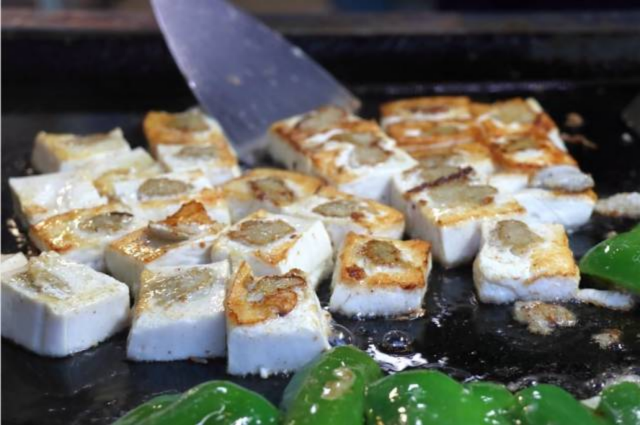
Chikan tofu angle (Photo: Peng Zongwei)
Broadcast on CCTV-1, the show's Guangdong chapter took viewers on a sensory journey through Jiangmen, a coastal city in southern China's Pearl River Delta, revealing how its cuisine embodies centuries of migration, resilience, and identity.
For many of Jiangmen's 4 million overseas descendants—scattered across Southeast Asia, the Americas, and Europe—the documentary struck a universal chord. "These dishes aren't just meals; they're memories etched into our DNA," says Tan Fei, a Beijing-based community leader originally from Kaiping in Jiangmen.
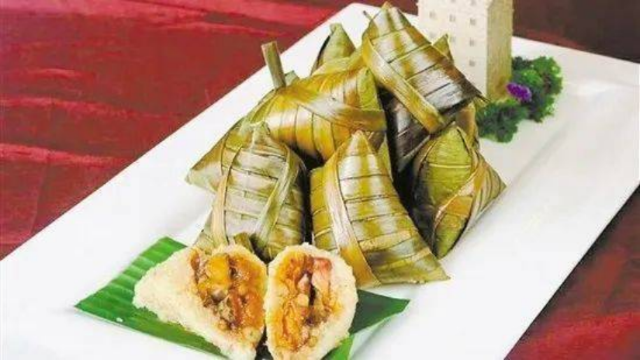
Fuma Zong
She recalls how the show's segment on Fuma Zong ("Prince consort rice dumplings")—a glutinous rice parcel stuffed with dried scallops and salted egg yolk, traditionally eaten during the Dragon Boat Festival—flooded her with childhood nostalgia. "My grandmother always said, 'Eat it with sugar, and life will be sweeter than honey.'"
The episode's magic lies in its ability to decode China's culinary philosophy for international audiences. Take Donggua Zhong (winter melon soup): a humble dish transformed into an art form by Jiangmen chefs, who carve the melon into intricate shapes before simmering it with abalone and chicken.
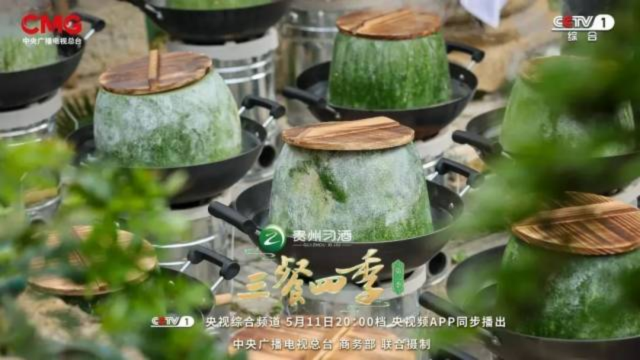
Donggua Zhong
The documentary's impact rippled far beyond China's borders. Over 2 million viewers—including diaspora communities in the U.S., Brazil, and Venezuela—tuned in live, flooding WeChat groups with clips of steaming Gujin roast goose (a crispy-skinned bird marinated in honey and spices) and Xinhui Chenpi (aged tangerine peel, prized for its medicinal and culinary uses).
"We are obsessed with the show," laughs Li Changdeng, a Brazilian-Chinese community leader. "Some of our community members have already planned trips to taste Taishan blue crab and learn how to wrap zongzi themselves."
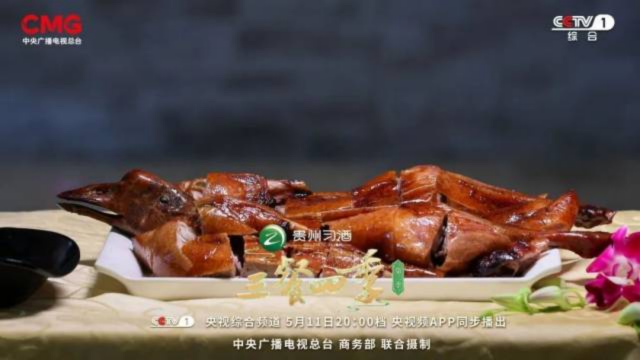
Gujin roast goose
Inspired by the show, some are becoming grassroots cultural ambassadors. Zheng Haiyan, a journalist from Editorial Panda in Venezuela, is producing a short film series on Jiangmen's culinary treasures, from Jinshan fire garlic (a pungent, fermented condiment) to Gujin roast goose. "Latin Americans love storytelling through food," she says. "I want to show how a single bite of Chenpi—bitter yet sweet—mirrors the weight of home."
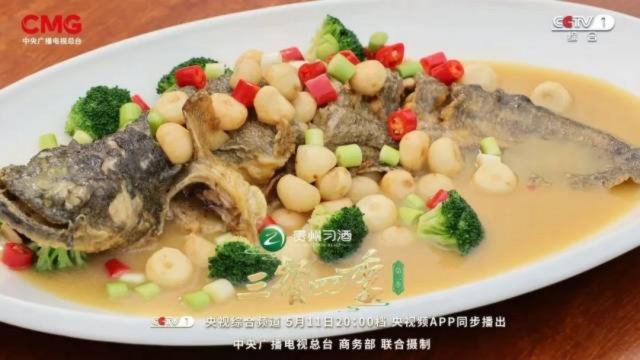
Zheng Haiyan, an overseas Chinese from Enping and deputy editor-in-chief of Venezuelan Chinese Media "Editorial Panda," has watched the program multiple times over the past two days. "Every viewing brings new insights and deepens my appreciation for the incredible diversity of Jiangmen's culinary heritage. I feel immense pride in my hometown," she said.
Author | Jiang Chang
Source | Jiangmen Daily
Editor | Huang Qini, James, Shen He
















